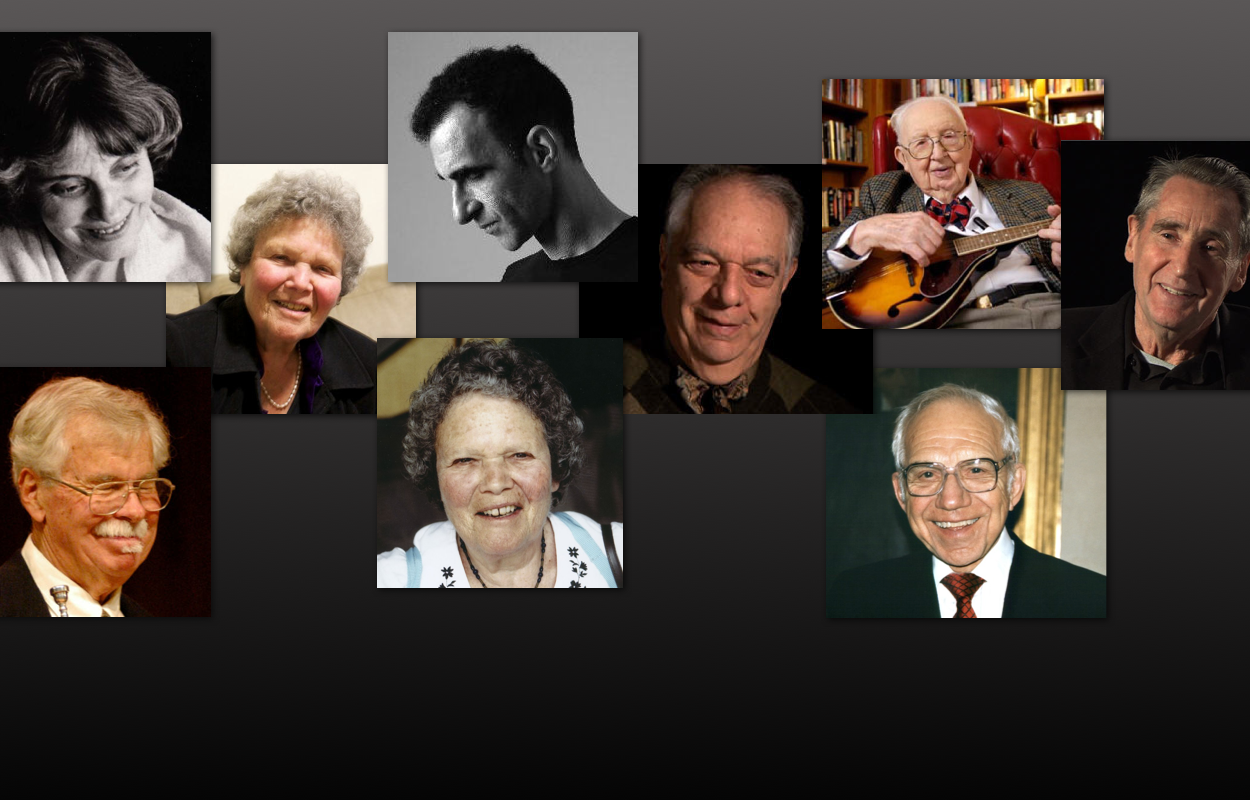Terms of use
Creative Commons Licensing and the Music at MIT Oral History Collection
The Music at MIT Oral History Collection website carries the license “Creative Commons Attribution-NonCommercial License (CC BY-NC)”
What does the Creative Commons license mean?
The Creative Commons license we chose for this site is the “Attribution-NonCommercial” license.
This license allows anyone to copy, adapt, share or remix the content for their own purposes, as long as they attribute the source and do not use the content for commercial purposes.
Does the Creative Commons license apply to everything at the site?
No. The Attribution-NonCommercial CC license does not apply if a special copyright statement appears with an item. Such exceptions are indicated with the phrase “all rights reserved,” which means that the Creative Commons License does not apply to the item.
Do I need to request permission to use or share the works at the site?
The Creative Commons Attribution NonCommercial license allows wide reuse (including copying, sharing, and adapting the works) without requesting permission, as long as your use is for noncommercial purposes. Permission is required for items labeled “all rights reserved,” unless fair use or another exception under copyright law applies.
Why are we using a Creative Commons license?
We want to promote the widest possible use and sharing of the content made available in the Music at MIT Oral History Collection.
It takes a little more time and a little more thought to manage a site that is licensed under CC. We think the long-term goal of creating a world that maximizes the potential for sharing insights and ideas is worth extra time and effort.
What is Creative Commons?
Creative Commons (CC) is a nonprofit organization dedicated to “building a layer of reasonable, flexible copyright in the face of increasingly restrictive default rules.”
